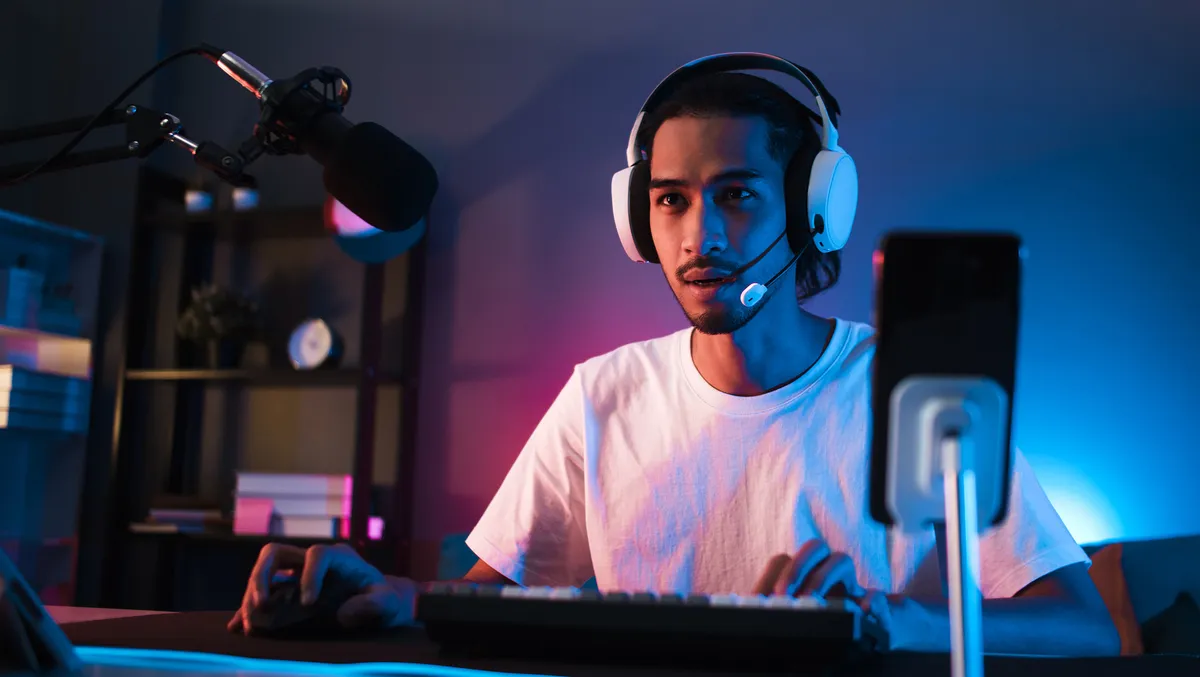
Game-based learning to become $55 billion industry in next eight years
Motivating students to learn through playing games and solving topics boosts the game-based learning market growth during the forecast period.
Increasing demand for VR, AR, and AL for knowledge boosts the demand and drives market growth. Companies are developing AR-enabled games to draw pictures and display their creations using AR technologies.
Augmented reality and virtual reality in on-the-job training are rapidly expanding. According to the Polaris Market Research report, the global game-based learning market was valued at US$11.15 billion in 2021 and is expected to reach US$55.80 billion by 2030, growing at a CAGR of 21.6% during the forecast period.
The VR environment can simulate real-world work experiences to train employees without the fear of making mistakes. This aids in providing a 3D perspective by highlighting several elements of sub-topics on the same screen.
To establish engaging learning experiences, companies offer turnkey interactive knowledge solutions that combine 2D animation, 3D animation, augmented reality, original audio, virtual reality, and instructional design principles.
With the increasing importance of AI, Juana Technologies introduced Edufiq – India's AI courseware, constructed to sharpen students' intellectual skills from class 5th to class 10th. Instructors from high-performing academic backgrounds teach and train children in computer science, artificial intelligence, and emerging technologies. In addition, AI-powered gaming data analysis provides insights allowing developers to review flaws and errors.
Edufiq teaches AI to students in grades 5th, 6th, and 7th through a game-based knowledge approach in which AI concepts are learned using the "Minecraft" gaming platform.
Based on the end-user, the education market segment accounted for the leading share in the market. In education, game-based learning is used in flashcard games (duel), modeling games (plantville), interactives (Funbrain), quiz games (Kahoot), riddles (crossword), strategy games (Europa universals), and actuality testing games (chemistry VR).
In Greece, game-based training is also used in bachelor programs. Students in this organisation must finish a game at regular intervals to pass courses. Students can be motivated and engaged due
to the individuality of game-based learning.
Studies show that games can positively impact things like students' math and language learning in many ways.
Game-based learning:
Helps problem-solving — Game-based learning can help students solve problems by fostering skills like understanding causation, logic and decision making they can use in life outside of school.
Encourages critical thinking — Research from Marc I Cicchino
shows that GBL can improve students' critical thinking skills, "including the development of independent beliefs prior to engaging in collaborative discourse and providing opportunities for guided reflection."
Increases student engagement and motivation — According to research from Katrina Serrano, when teachers incorporate digital game-based learning elements such as feedback, choice and collaboration into their instructional design, students become more engaged and motivated to learn.
Introduces situational learning — Proposed in 1991 by Jean Lave, anthropologist, and Etienne Wenger, a computer scientist, situated learning helps students understand new concepts in the context of their social relationships.
Addresses special education needs — GBL impacts special education classrooms, according to a literature review. Researcher McKenzi James found that for students with individualised education plans, "game-based learning is a must to help guide instruction, create a positive environment, and generate academic success and students with autism are more successful and motivated when using computerised games for academic lessons."


